The family of The Eden Prairie, a Minnesota teenager who died while undergoing a routine dental procedure, has reached a $2million settlement with the dentist who performed the procedure.
Sydney Gallager, 17 died in June 2015 after complications from the surgery. According to the Hennepin County Medical Examiner, Sydney died from brain damage due to a lack of oxygen. This was caused by a cardiac arrest that occurred after her blood pressure destabilized the procedure. She died later at the University of Minnesota Masonic Children’s Hospital.
The vibrant young woman was a high school junior in Eden Prairie who was active in swimming, skiing, and diving. She also served as a captain of the senior dive team and as a class president.
In January, the Galleger family filed a wrongful death lawsuit in against her dental surgeon Dr. Paul Tompach in Hennepin County District Court. The suit alleged that the 54-year-old oral surgeon’s negligence during the procedure caused the death of the 17-year-old teen.
Further investigations revealed that Tompach departed from accepted standards of medical practice by wrongfully administering general anesthesia and allowing an unqualified medical assistant to monitor Sydney during the surgery, ill preparation for a medical emergency as well as failure to respond quickly and appropriately when a medical emergency transpired.
In January 2016 The Minnesota Board of Dentistry temporarily suspended Tompach’s license to practice, but he was allowed to resume practice in March 2016 under several restrictions put in place by the board. The ban was later lifted in June 2017.
The Gallager’s lawsuit was seeking for more than $500,000 in damages, according to The Star Tribune, with an estimated cost of $200,000 in funeral and medical expenses on her family.
The case had been scheduled for trial in May 2018, but the Galleger family accepted the $2.06 million settlement offered by the defendants after lengthy negotiations with the court’s assistance. The settlement was approved in November according to court papers.
According to of the settlement, the Gallager family will receive $1,279,600, the family health insurer $40,400 for Sydney Galleger’s medical expenses and the law firm representing them $740,000 for fees and expenses.




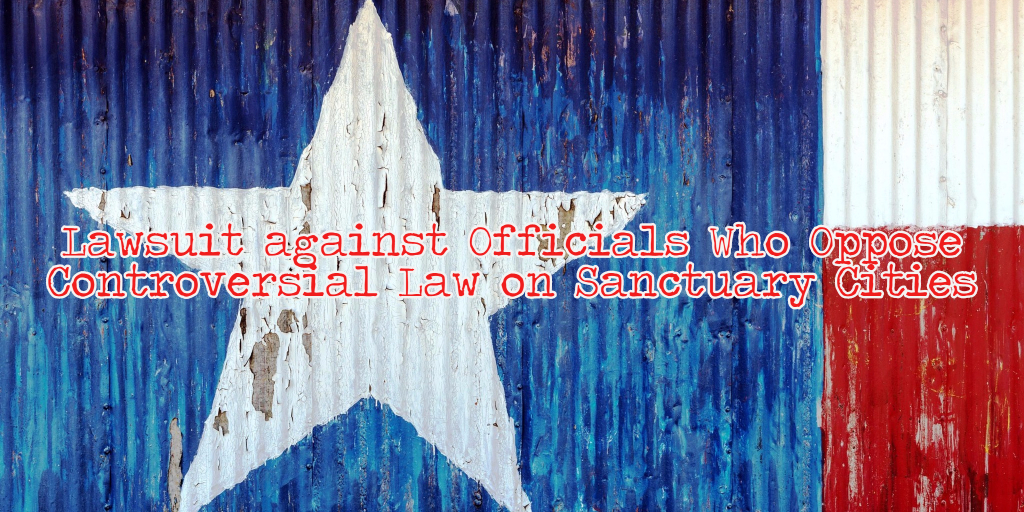

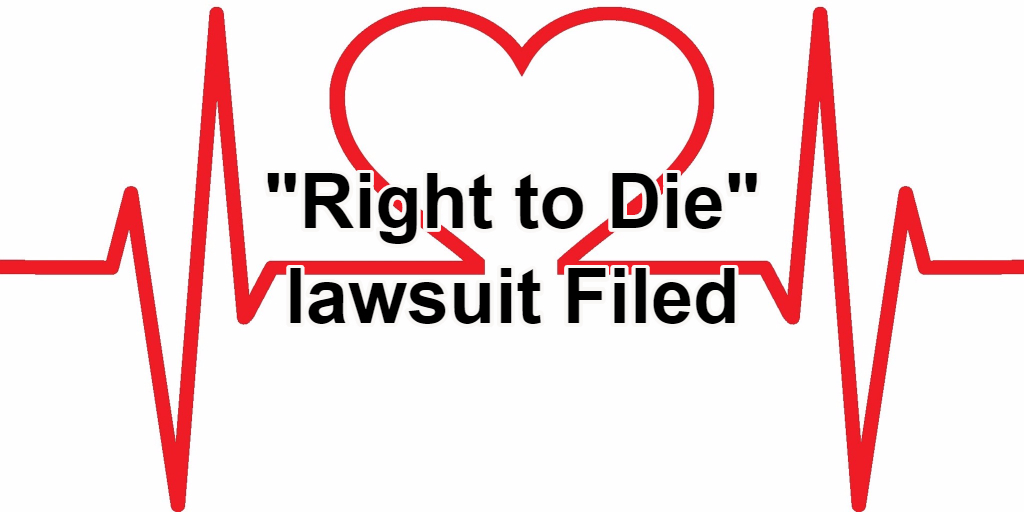
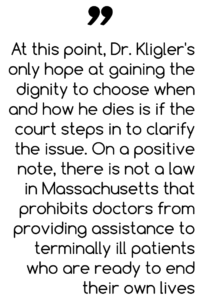 reviewed further.
reviewed further.
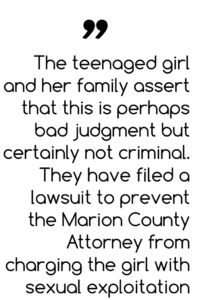 Iowa law stipulates that anyone who spreads obscene materials to minors has committed a crime known as sexual exploitation. Although in this case, and others like it in Iowa, the minor shared the photos, it is still considered to be either a Class C or Class D felony offense. The teenaged girl and her family assert that this is perhaps bad judgment but certainly not criminal. They have filed a lawsuit to prevent the Marion County Attorney from charging the girl with sexual exploitation.
Iowa law stipulates that anyone who spreads obscene materials to minors has committed a crime known as sexual exploitation. Although in this case, and others like it in Iowa, the minor shared the photos, it is still considered to be either a Class C or Class D felony offense. The teenaged girl and her family assert that this is perhaps bad judgment but certainly not criminal. They have filed a lawsuit to prevent the Marion County Attorney from charging the girl with sexual exploitation.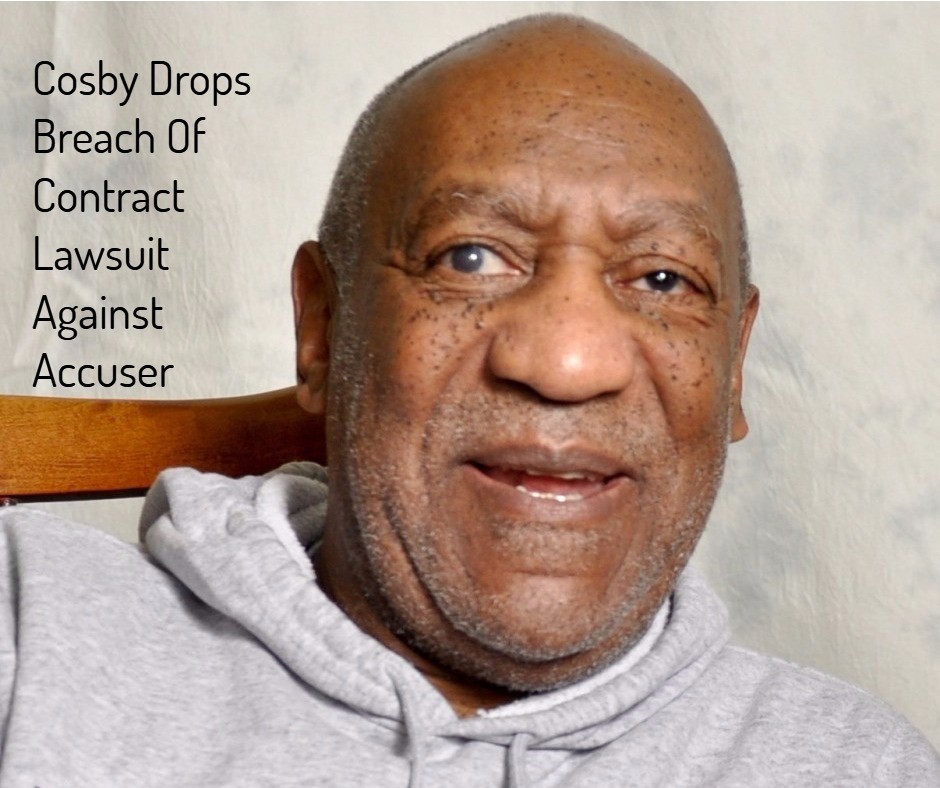

 The lawsuit accuses the Golden Living Center of negligence in hiring, training, and supervising Jones, failing to maintain the well-being of the victim, and failure to promote quality of life for the victim. A spokesperson for the facility stated that background checks are run on employees. However, these checks do not always account for unpredictable behavior following employment.
The lawsuit accuses the Golden Living Center of negligence in hiring, training, and supervising Jones, failing to maintain the well-being of the victim, and failure to promote quality of life for the victim. A spokesperson for the facility stated that background checks are run on employees. However, these checks do not always account for unpredictable behavior following employment.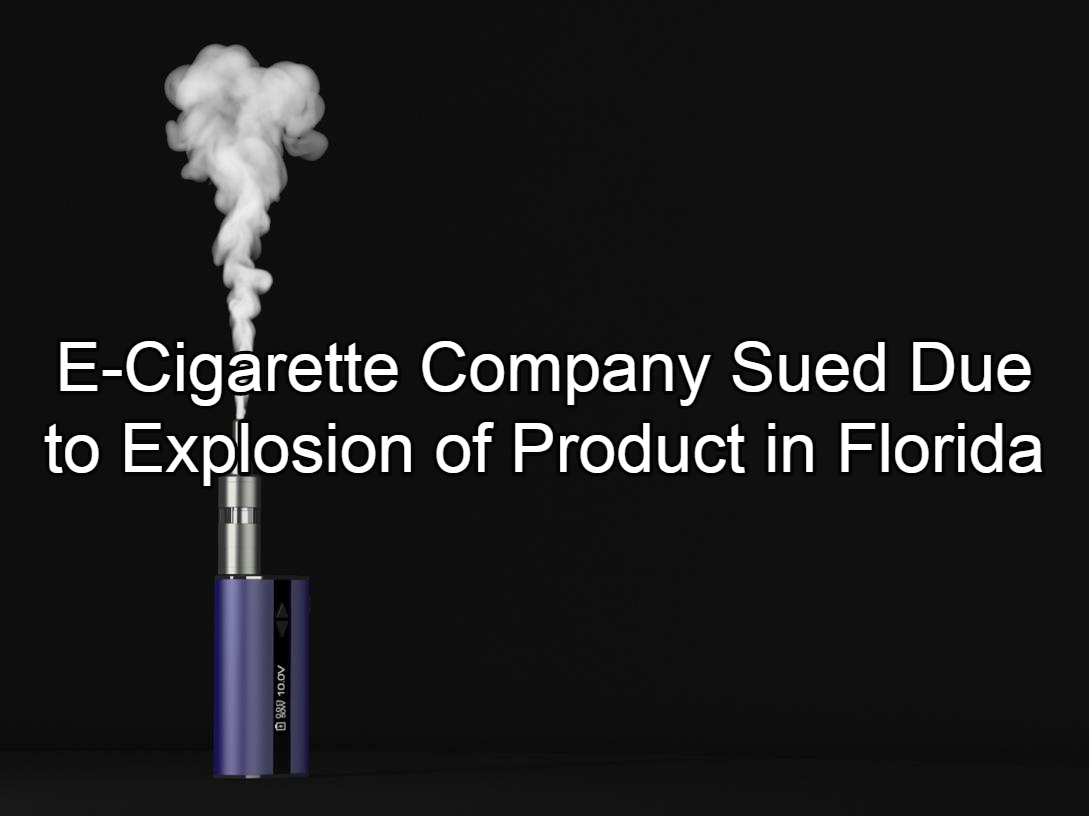
 This week, Evan Spahlinger filed a lawsuit in Miami-Dade County. This lawsuit targets the companies that manufactured the electronic cigarette as well as the company that sold him the e-cigarette. Spahlinger claims that he was misled, since electronic cigarettes are constantly referred to as a safe alternative to traditional cigarettes.
This week, Evan Spahlinger filed a lawsuit in Miami-Dade County. This lawsuit targets the companies that manufactured the electronic cigarette as well as the company that sold him the e-cigarette. Spahlinger claims that he was misled, since electronic cigarettes are constantly referred to as a safe alternative to traditional cigarettes.